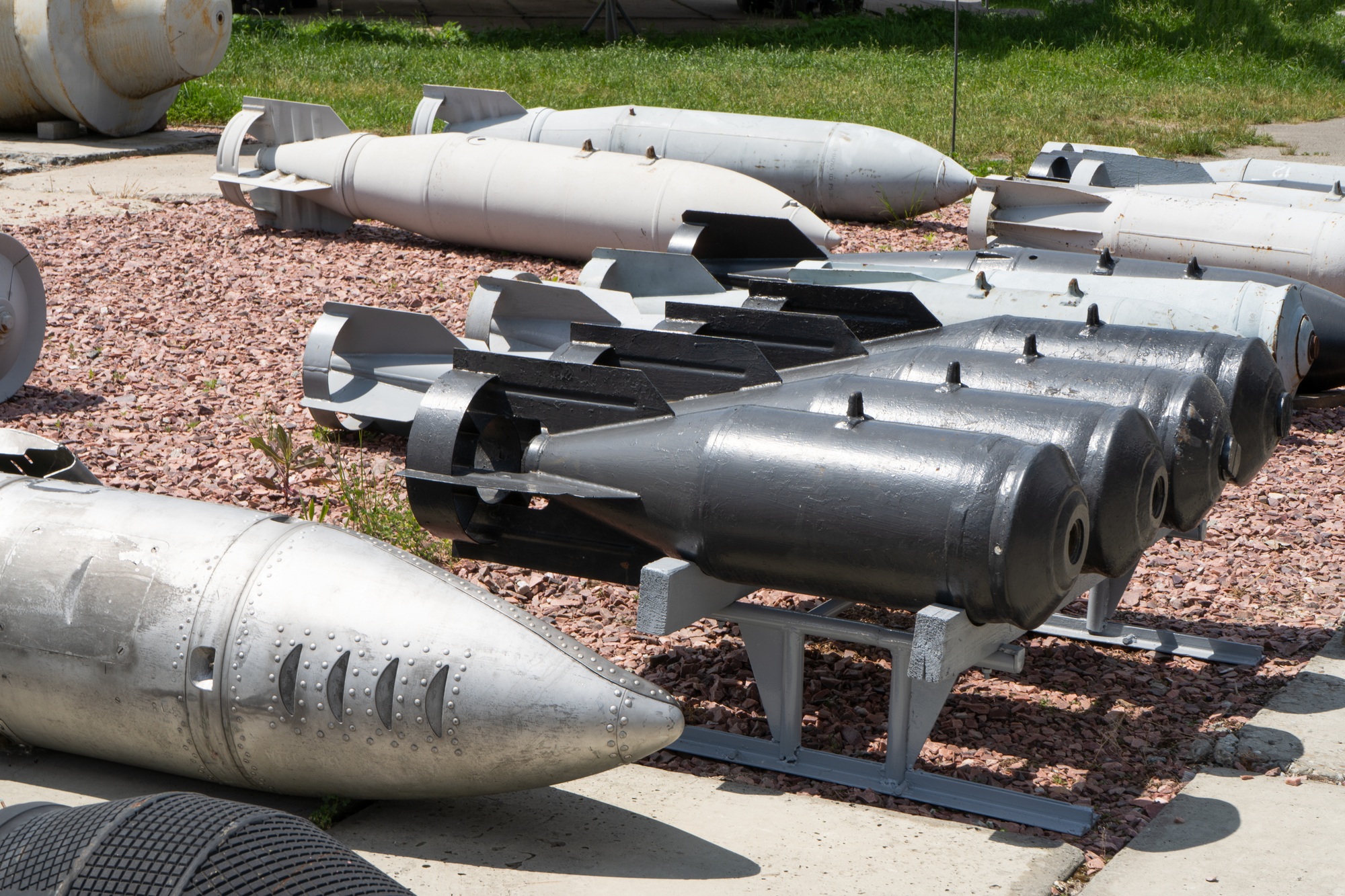Recent developments in Middle East tensions have escalated following a series of U.S. military strikes on key Iranian nuclear sites. The operation was authorized by the U.S. government, with President Donald Trump publicly claiming that the strikes achieved their strategic objectives. This marks a significant escalation in the ongoing confrontation over Iran’s nuclear program, which has been a flashpoint for international diplomacy and regional stability.
In the context of recent years, Iran’s nuclear activity has been a contentious issue, with international efforts aimed at limiting its development. The U.S., under Trump’s administration, has taken a more aggressive stance, withdrawing from the Iran nuclear deal in 2018 and increasing sanctions. The latest military strikes are seen by many as a direct response to alleged violations of international agreements and Iran’s nuclear advancements.
The targeted sites include facilities believed to be involved in nuclear enrichment and research activities. The strikes reportedly caused significant damage, though Iran has not officially confirmed the extent of the destruction. U.S. officials state that the operation was intended to degrade Iran’s nuclear capabilities and deter further development.
Impact of these actions is wide-ranging. Israel and Gulf countries have expressed support for the strikes, viewing them as necessary to prevent Iran from acquiring nuclear weapons. Conversely, Iran has condemned the attack, warning of retaliatory measures and further destabilization of the region. The international community faces the challenge of managing the fallout, with concerns about possible escalation into broader conflict.
Market reactions have been mixed, with some analysts warning of increased geopolitical risk that could affect oil prices and regional stability. Diplomatic efforts are expected to intensify, with potential negotiations or retaliatory actions on the horizon. The U.S. government has emphasized its intent to protect national security interests while calling for de-escalation.
Looking ahead, attention will focus on Iran’s response, potential for further military action, and the global diplomatic landscape. Key upcoming events include international reactions, possible negotiations, and regional security developments.
Are the U.S. strikes likely to escalate tensions in the Middle East?
Yes, the strikes could provoke retaliation from Iran or its allies, potentially leading to broader regional conflict.
What are the implications for global oil markets?
The escalation of conflict in the Middle East typically increases oil prices due to fears of supply disruptions.
Will diplomatic negotiations resume after the strikes?
It remains uncertain, but international actors may push for renewed talks to de-escalate the situation and restore stability.








